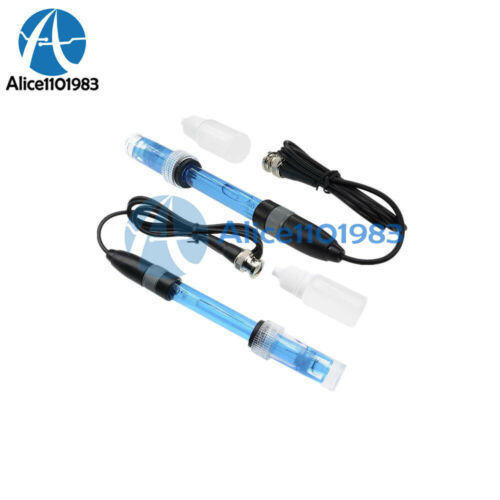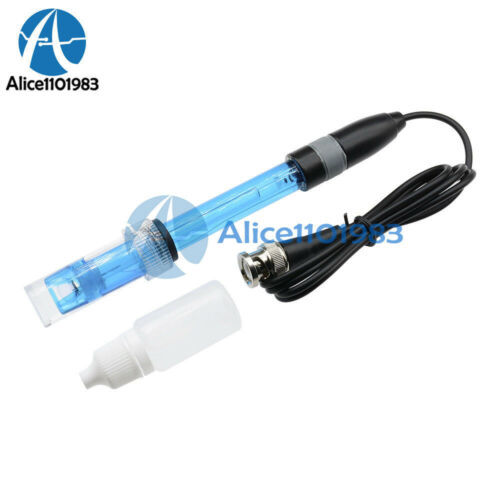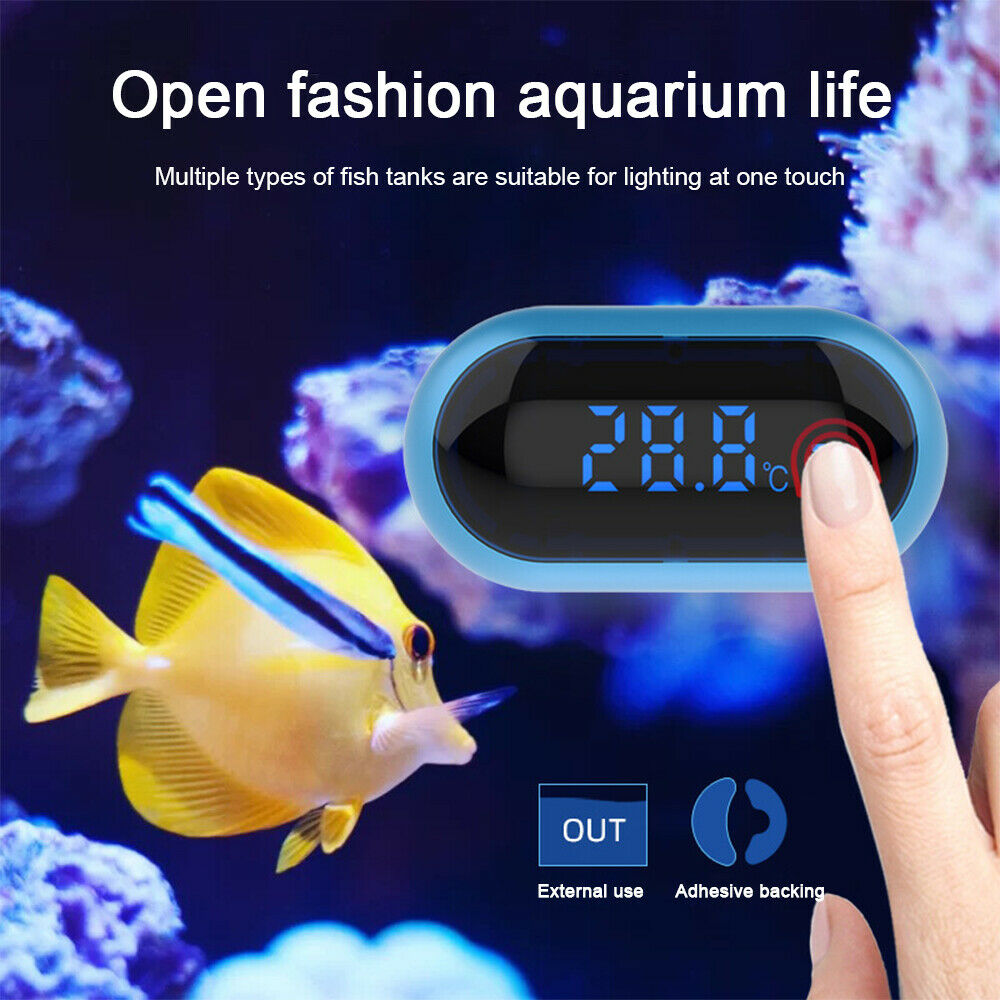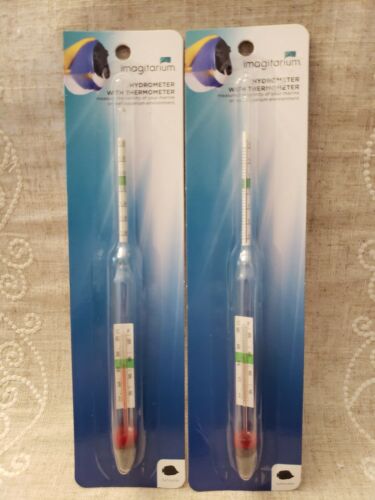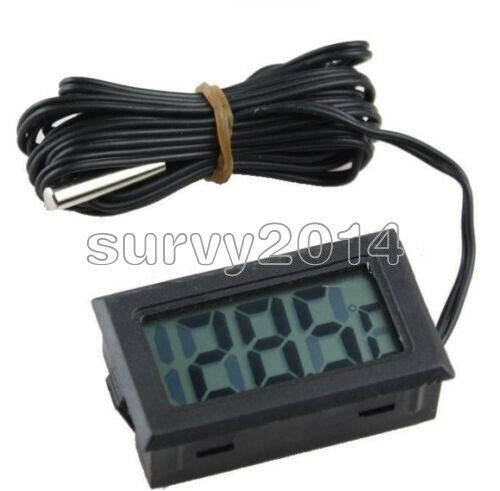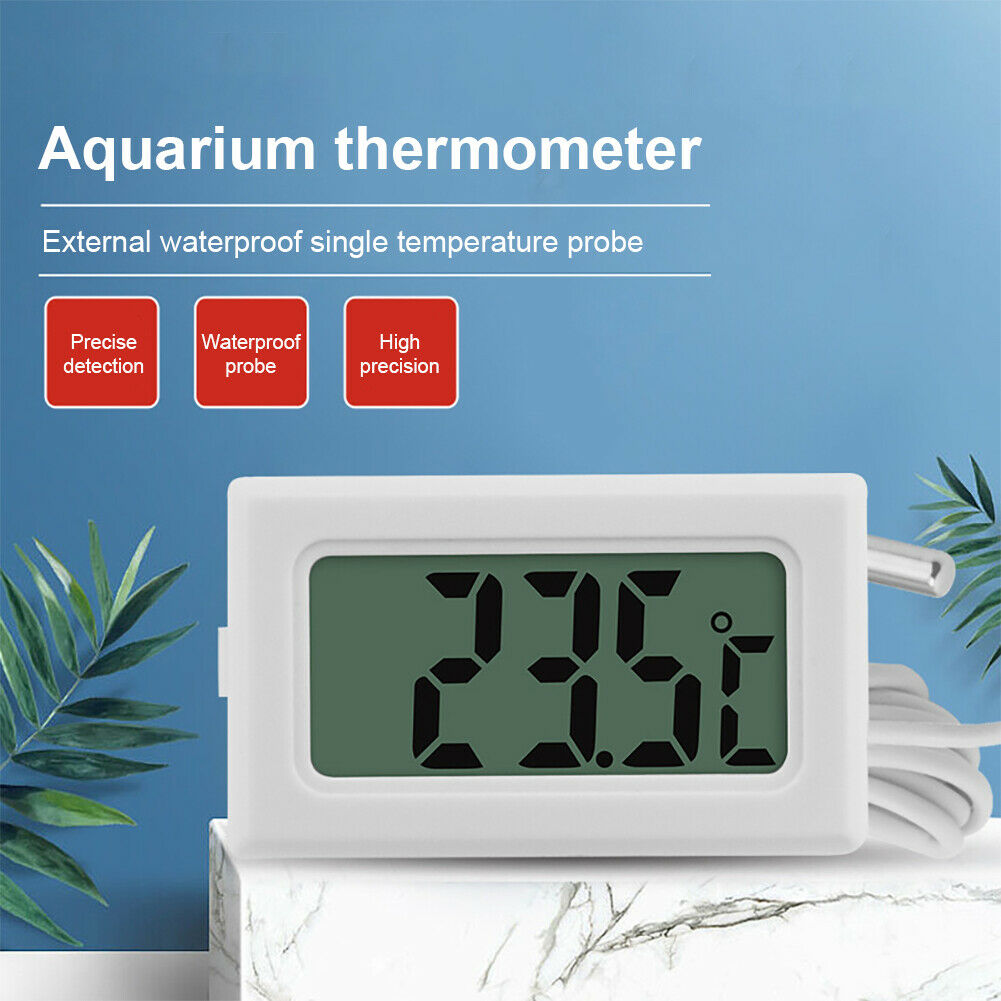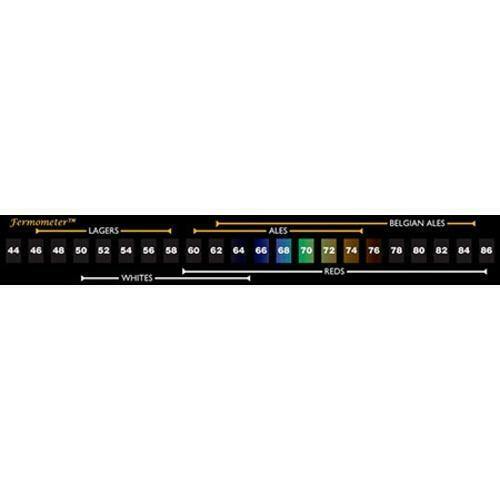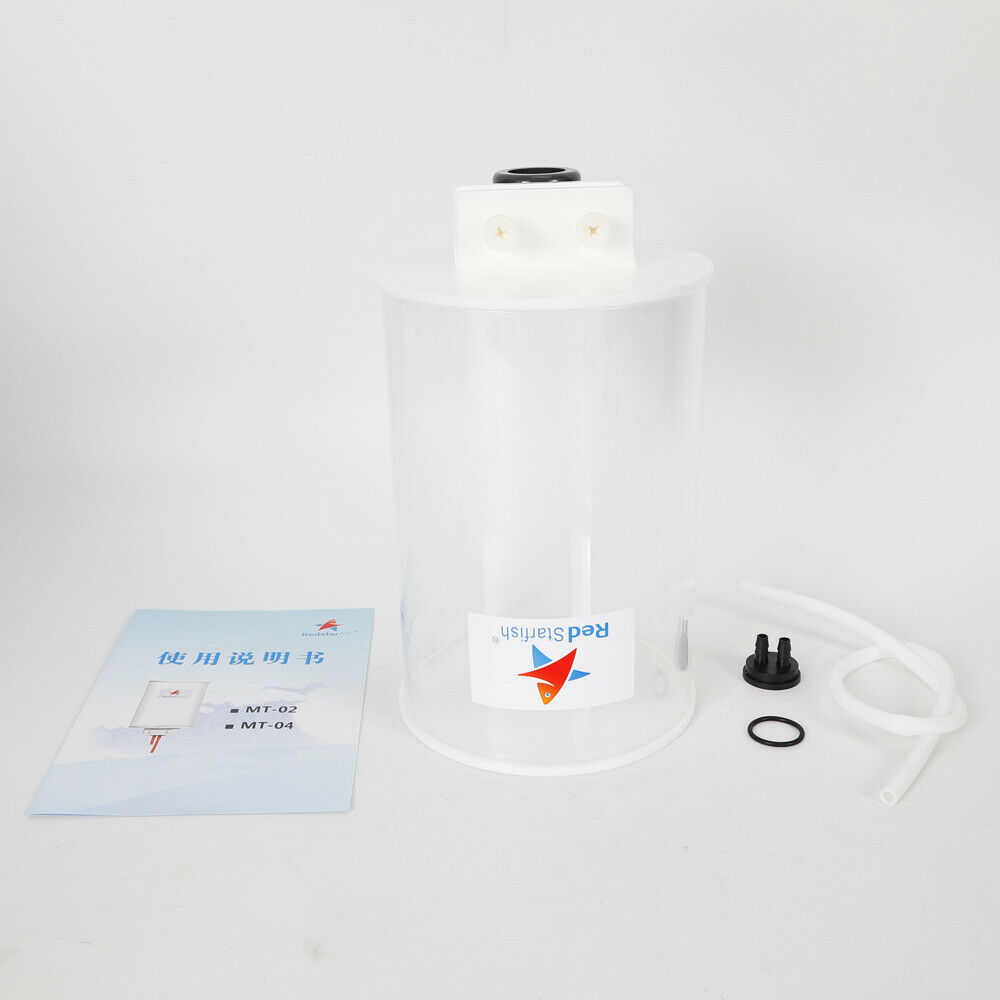-40%
Aquarium Hydroponic PH Controller Electrode Probe BNC Connector Meter Sensor
$ 3.6
- Description
- Size Guide
Description
HomeCategory 1
Category 2
About Us
Aquarium Hydroponic PH Controller Electrode Probe BNC Connector Meter Sensor
Description:
pH range: 0-14pH
Temperature range: 0-60 °C
BNC Connector suitable for most pH meter and controller.
Suitable for wide range of application: Aquariums, Hydroponics, Laboratory etc.
This pH electrode has a single cylinder that allows direct connection to the input terminal of a pH meter, controller, or any pH device which has a BNC input terminal.
The pH electrode probe is accurate and reliable that can gives almost instantaneous readings, helping you to check the quality of your water time and time again.
Package included:
1 x PH Electrode Probe BNC Connector Controller Meter Sensor
Quality inspection report and use, care and maintenance of PH electrode
First. Preparation before use
1. Gently remove the protective bottle from the top of the electrode and store it for use. 2. Clean the white deposited salt on the outside of the electrode with deionized water. 3. In order to maintain an appropriate penetration speed, the liquid level in the tube must not exceed the end of the spiral glass tube, and at least 1 inch (2.5 cm) above the sample liquid level, and the electrode bulb end should be completely placed in the measured liquid during use. Let the bulb come into full contact with the liquid to be tested to make it produce an ion reaction effect. 4. Gently shake the electrode (just like shaking the thermometer) to remove air bubbles in the electrode. 5. Immerse the electrode in the pH electrode storage solution for 1 hour. If there is no electrode storage solution, add 1gKCl to 200mL pH7 buffer as a temporary electrode storage solution. When the electrode is not in use, it can be configured with a long-term storage solution to activate and protect the bulb end. The preparation method can add 10mL3.3kcl solution to 200mLpH4 buffer solution. [3.3KCL is saturated potassium chloride, the configuration method weighs 23 grams of potassium chloride and 100ml of deionized water] Appropriate amount of preservative
Second, the precautions when using the electrode
1. Use fresh buffer2. Open the electrode protective sleeve3. Measure the gap and rinse the electrode with deionized water4. Stir the buffer and sample: a) Always stir at the same rate; b) Stir first, then measure5. When preparing the pH electrode, rinse the electrode with distilled water before and after the measurement. Absorb excess water from the electrode tip with a linen-free cloth to avoid rubbing the electrode bulb, otherwise static electricity will be generated and interfere with the accurate measurement of pH.6. Make sure that the buffer temperature is the same as the sample temperature. If the sample temperature is different, use a temperature compensation probe for temperature compensation.7. Regularly check the electrode slope with the two-point calibration method. When the electrode reading drifts or the slope is lower than 92%, please refer to electrode cleaning to clean the electrode.
Third. Electrode maintenance
1. Electrode cleaningUniversal cleaning solution-Immerse the electrode in 0.1M HCl or 0.1M HNO3 solution for 15 minutes, then immerse the electrode in the electrode storage solution for 30 minutes.2. Liquid junction blockage (salt precipitation)Causes: hard water, mud, organic dirt, planktonic microorganisms, moss, etc. Attached to the seepage sand core around the bulb and PTFE, the external reference electrode cannot work normally.Solution:: Immerse the electrode (60°C) in hot water for 15-20 minutes; soak the electrode in a hot saturated KCl (60°C) solution for 20-30 minutes and cool to room temperature; soak the electrode in a pH 4 buffer solution for 20 to 30 minutes 30 minutes.Check for excessive crystals. If so, rinse the crystals repeatedly with deionized water to check whether the flow rate is normalIf not, soak the electrode (60°C) for 15-20 minutes in hot water; soak the electrode in a hot saturated KCl (60°C) solution for 20-30 minutes and cool to room temperature; soak the electrode in pH 4 buffer 30 minutes. Immerse the electrode tip in concentrated HCl for 5-10 minutes, rinse the electrode, and check whether the electrolyte flow rate is normal. If the liquid junction is still blocked, pull the liquid junction (do not touch the glass bulb)4. Precipitation of inorganic substances on the pH sensitive membraneCause: Measurement of inorganic samplesSolution: clean with EDTA, ammonia or acid5. Dehydration of pH sensitive membraneCauses: Improper storage, long-term use, high temperature operation or strong alkaline solution, resulting in slow and unstable responseSolution: Activate the electrodeImmerse the electrode in 0.1 M HCl for 1 minute, rinse with tap water for 30 seconds, soak the electrode in 0.1 M KOH for 1 minute, rinse with tap water for 30 seconds, calibrate the test electrode with buffer, if it still does not work, repeat the above steps, up to 3 times 6.The PH electrode is used for a long time, and it is not necessary to properly clean and maintain the electrode in the tested environment, which leads to factors such as unstable electrode data. Solution: After the electrode is used for 2-3 months, perform a bulb cleaning on the electrode and an inspection on the liquid contact part. Solution: Take the electrode out of the use environment to see if there is dirt on the surface of the bulb. If there is, you can wipe it with ethanol cotton lightly, and then clean it with deionized water.[Note that the bulb is fragile, you should pay attention to the process of wiping]. Then check the liquid contact part to see if there are contaminants attached to the surface. If there is, you can use deionization to rinse. You can also shake the electrode back and forth in the measuring cup. If the water quality is not clean, change the water until the dirt disappears. . Then wash the electrode and place it in the activation solution for 8 hours, then measure it in the standard solution to restore it to the measurement state.
Payment
Shipping
Refund
Payment
We accept PayPal only.
But we only
Accept
your
Ebay Address
,Please Make sure it's 100% right.
Payment must be received in 5 business days of auction closing.
Please leave note for your special request (e.g. Colors or Size) in PayPal when you pay the order.
Any special request cannot be accepted after 24 hours of payment, because most of orders will be processed instantly and same day dispatched.
Shipping
We maintain high standards of excellence and strive for 100% customer satisfaction! Feedback is very important to us. We request that you keep in touch with us immediately BEFORE you give us neutral or negative feedback, so that we can satisfactorily address your concerns.
Refund
All package need to
wait 30 days
(US only n
eed 7-10 days)
,
Please take care it.Less than 30 days,we can't take a refund
.
If the item is defect when you receive it or you are not satisfied with it, please return it within 14 days for a replacement or money back. But the items must be back in factory condition. Please keep in touch with us and double check the return address before you return it.
If is item is defective in 12 months, you can return it to us. We will send you a new replacement after receiving the defective item.
